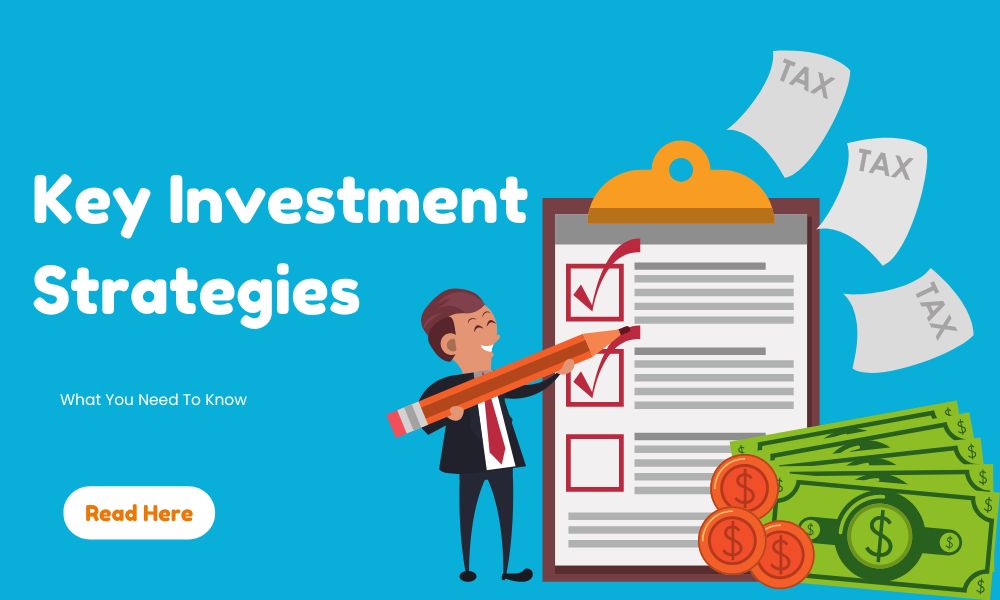274
It is important to consider a few factors before investing in bonds:
- Credit rating: It is important to check the credit rating of the issuer of the bond. This will give you an idea of their ability to pay back the bond on time. A higher credit rating indicates a lower risk of default.
- Maturity date: Bond maturity dates vary, so it is important to consider how long you are willing to hold onto the bond. Long-term bonds may offer higher yields, but also carry more risk.
- Interest rate: Consider the current interest rate environment and how it may affect the value of the bond. If interest rates rise, the value of the bond may decrease.
- Diversification: Consider how the bond fits into your overall investment portfolio. It is important to diversify your investments to minimize risk.
- Fees and commissions: Some bond investments may come with fees and commissions, so it is important to understand the costs associated with the investment.
- Risk tolerance: It is important to consider your own risk tolerance before investing in bonds. Some bonds carry more risk than others, so it is important to choose investments that align with your risk tolerance.
Read More:- sovereign gold bonds
There are a few things to consider before investing in both long term and short term bonds:
- Credit rating: It is important to check the credit rating of the issuer of the bond. A higher credit rating means that the issuer is more likely to be able to pay back the bond.
- Interest rate: The interest rate of a bond can vary depending on the term of the bond. Long term bonds tend to have higher interest rates, while short term bonds have lower interest rates.
- Inflation: Inflation can affect the value of a bond over time. Long term bonds may be more vulnerable to inflation as they are held for a longer period of time.
- Diversification: It is important to diversify your bond portfolio, which means investing in different types of bonds with different maturities. This can help to spread risk and reduce the impact of any potential defaults.
- Tax implications: The tax implications of bonds can vary depending on the type of bond and the investor’s tax situation. It is important to consider these implications before investing in bonds.
- Credit rating: It is important to check the credit rating of the issuer of the bond. A higher credit rating means that the issuer is more likely to be able to pay back the bond.
- Interest rate: The interest rate of a bond can vary depending on the term of the bond. Long term bonds tend to have higher interest rates, while short term bonds have lower interest rates.
Read More:- sovereign gold bond scheme


